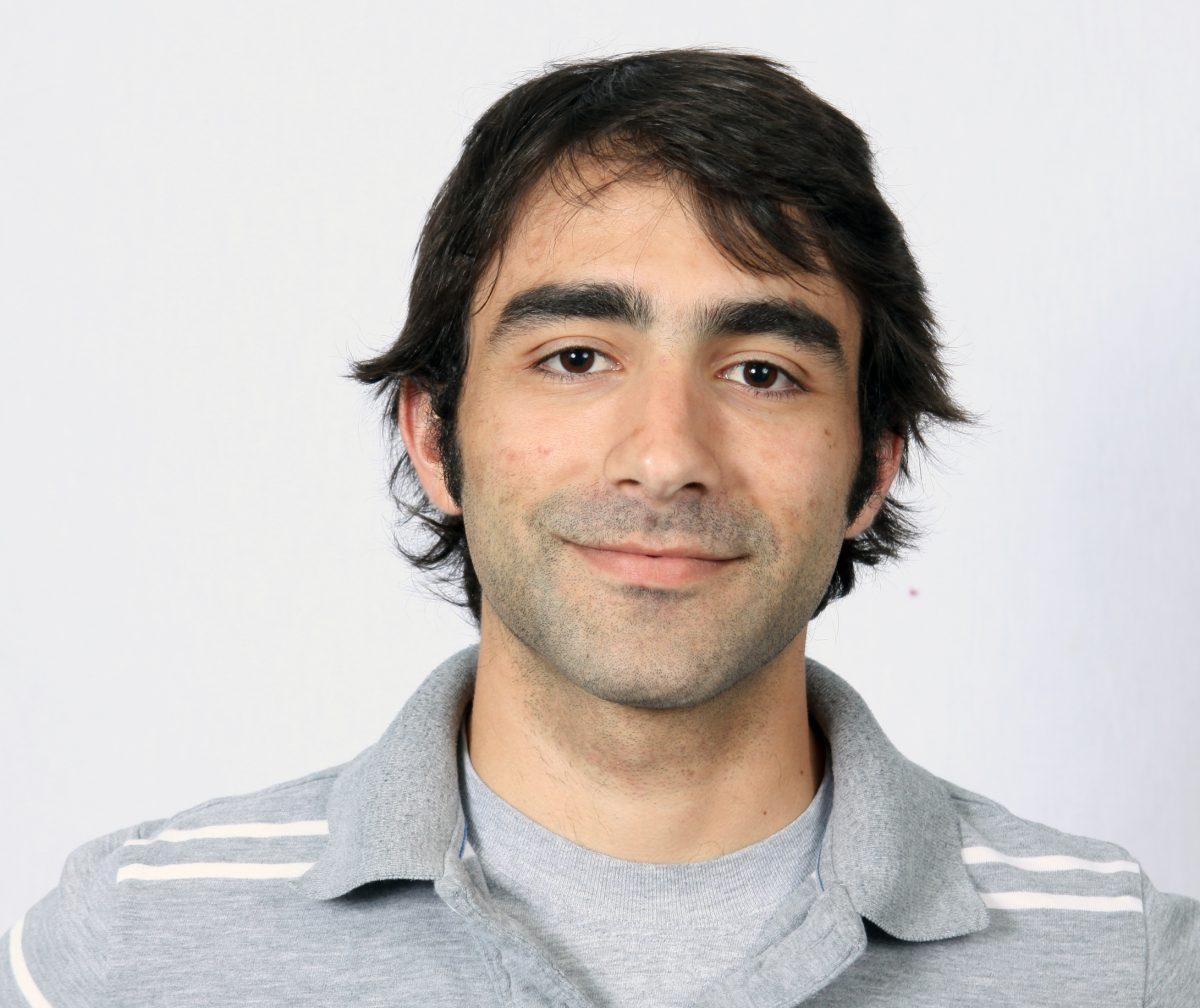The midterm elections this November are expected to change the political landscape in Washington. Many congressmen are retiring, and there are challengers to many seats including that of Senator Richard Burr (R-N.C.), who is facing competition this election. There are many candidates — both Republican and Democrat —vying for his seat.
The primary elections are scheduled for May 4; and early voting has already started. Voter turnout during primaries is usually fairly low, especially with the 18 to 25 age group.
Representative democracies, such as ours, are only effective, though, when a majority of the population participates; only those who vote get to have their views represented.
Richard Burr has served in the House of Representatives since 1994, and the Senate since 2004. He is facing competition from three Republican candidates: Eddie Burks, Brad Jones and Larry Linney. There are also many Democratic candidates; Cal Cunningham, Elaine Marshall and Ken Lewis are the top three.
Burr is expected to defeat his Republican rivals in the primary, but will likely face considerable competition from whichever Democratic candidate wins his or her party’s nomination.
Recently, I had the opportunity to interview Democratic candidate Cal Cunningham by telephone. He explained some of his positions on a wide variety of issues. He is currently an attorney in the Army Reserves, and in 2007 deployed to Iraq where he served as senior trial counsel for Multi-National Corp – Iraq. If elected, he would be the first veteran of the wars in Iraq or Afghanistan to serve in the U.S. Senate.
The interview started with national security. Cunningham supports the idea of creating a government run “Civilian Corp” that would fill the jobs currently being done by civilian contractors. He told me that many officials in the Department of Defense “recognize a tremendous need for a ‘Civilian Corp'” and that “we have relied very heavily on contract labor.” He went on to say that civilian contractors were less accountable and incredibly expensive. He also pointed out that in the reality of today’s national security issues “military might alone cannot be the answer,” and that we face “serious challenges in deploying our soft powers,” such as “our diplomacy, our economic power [and] our ability to help with basic governance and to train security [forces].” He said that “a ‘Civilian Corp’ is a very important part of a future national security strategy that puts all of America’s power into play.”
Cunningham is also for repealing “don’t ask, don’t tell.” He pointed out that 13,000 men and women have been removed from military service because of their sexuality, and that the amount “represents . . . an entire division’s worth of people.” He went on to say that don’t ask, don’t tell “asks our young men and women to lie about who they are, and that’s inconsistent with our values as a military; it is inconsistent with our values as a country; it is not an effective policy in maintaining good order and discipline; and . . . we should end it.”
While Cunningham believes the issue of gay marriage should be left up to the states, he said he believes “we need to pursue federal policy that ends . . . the very real discrimination that affects rights [of gay couples]” and afford them the same rights heterosexual married couples legally enjoy.
Finally, I asked him what he would do, if elected, to make life easier for college students. He said that “one of the key things that [he] endorses . . . is the expansion and extension of the American Opportunities Tax Credit, which makes college more affordable;” that presently, “it is a $2,500 credit that is set to expire;” and that he wants “to extend it to $4,000 and make it permanent.”
It is vital that each of you get out and exercise your right to vote for the candidate of your choosing. For more information about the upcoming primary and the midterm election in general, go to http://www.uselections.com/nc/nc.htm.








